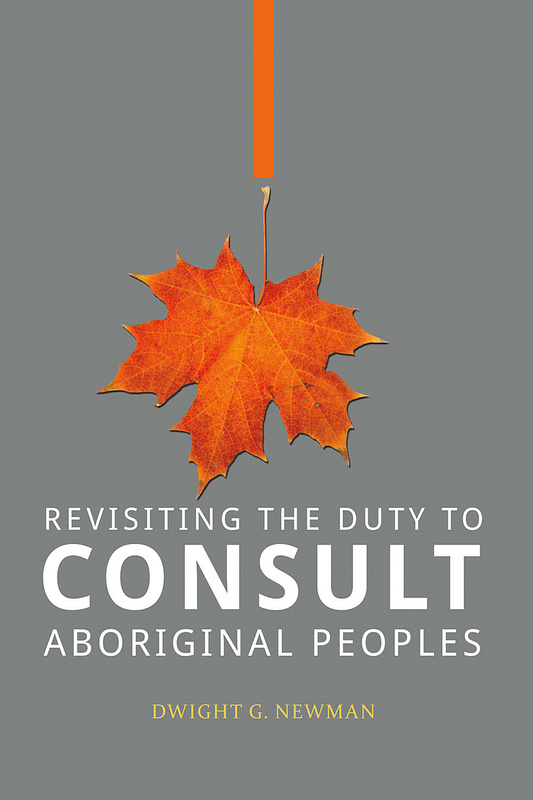“The duty to consult is part of the process for achieving ‘the reconciliation of the pre-existence of aboriginal societies with the sovereignty of the Crown.’”
– LeBel, J., Supreme Court of Canada, Behn v. Moulton Contracting Ltd.
Since the release of The Duty to Consult in 2009, there have been many important developments on the duty, including three major Supreme Court of Canada decisions. Both the Supreme Court and lower courts have grappled with many questions they had not previously answered, and these very attempts have raised yet new questions. Governments, Aboriginal communities, and industry stakeholders have engaged with the duty to consult in new and probably unexpected ways, developing policy statements or practices that build upon the duty to consult, but often use it only as a starting point for different discussions. At the same time, evolving international legal norms have come to engage with the duty to consult in new ways that may have further impact in the future.
Professor Newman clarifies the duty to consult as a constitutional duty, offers some approaches to understanding the developing case law at a deeper and more principled level, and suggests possible future directions for the duty to consult in Canadian Aboriginal law. The duty to consult has a fundamental importance for all Canadians, yet misunderstandings of the doctrine remain widespread. This book will help address many of those misunderstandings.
Acknowledgements
Preface to the Revised Edition
1. Introduction: Doctrine and Theory
Origins of the Duty to Consult
The 2004–2005 Supreme Court Trilogy
Recent Supreme Court Cases and Emerging Issues
Theoretical Approaches to the Duty to Consult
2. Legal Parameters of the Duty to Consult
Triggering Test
Role of Early Engagement
Consultation on Strategic Decisions and Legislation
Consultation Partners
Role of Project Proponents
Negotiated Alternatives to the Duty to Consult
3. The Doctrinal Scope and Content of the Duty to Consult
Content of the Duty to Consult — The Spectrum Analysis
Duties of Accommodation
Economic Accommodation
Leveraging the Duty to Consult
Rising Above the Minimum Legal Requirements
4. The Law in Action of the Duty to Consult
The Concept of the Law in Action
Development of Governmental Consultation Policies
Aboriginal Communities’ Consultation Policies
Development of Corporate Consultation Policies
Policies, Practices, and the Formation of “Law”
5. International Law and the Duty to Consult
Key International Law Concepts
Implications of the Declaration on the Rights of Indigenous Peoples
Australia and the Right to Negotiate
Consultation Norms in Latin America
Other State Practice on Consultation
Emerging International Law Norms of Consultation
Staying Ahead of the Regulatory Curve
6. Understanding the Duty to Consult
Index








